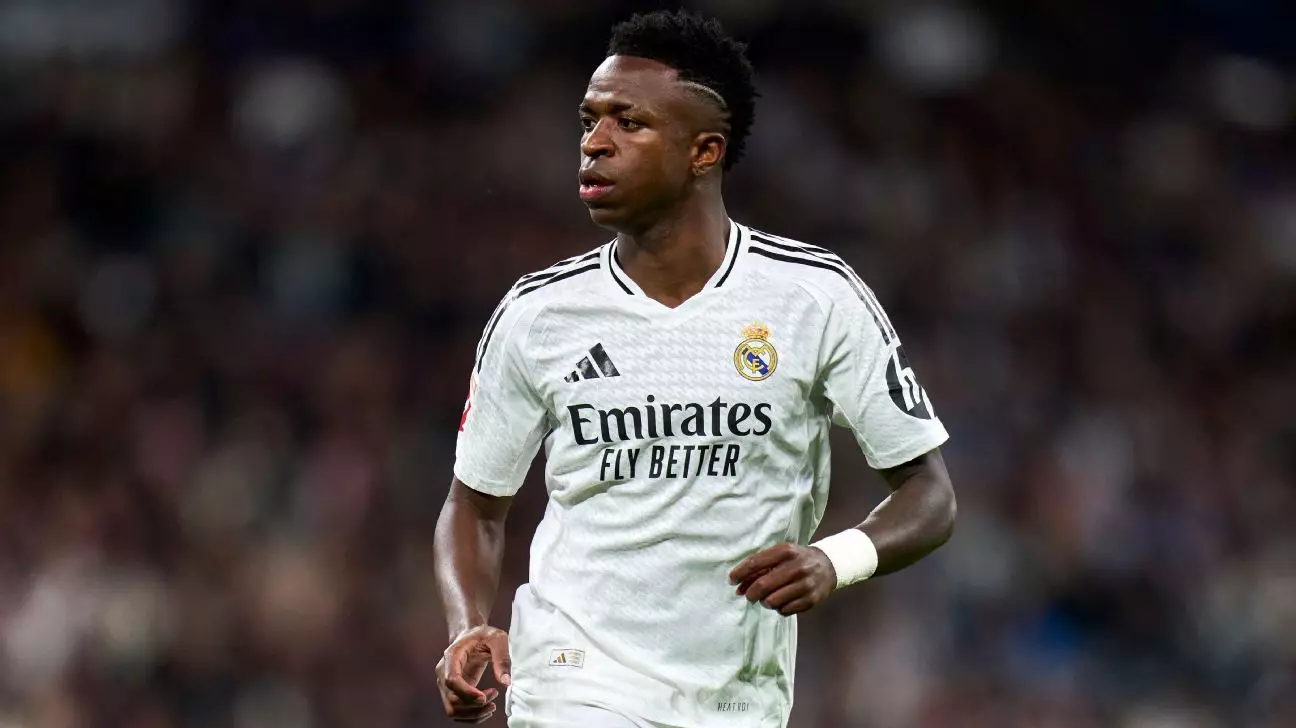The recent incident involving Real Madrid forward Vinícius Júnior serves as yet another painful reminder of the persistent issue of racism in sports. During a match against Rayo Vallecano, the Brazilian player became the target of racial abuse from a minor, underscoring the troubling reality that such behavior is not confined to a specific demographic or age group. The identification and subsequent repercussions faced by the young offender reflect a growing recognition of the importance of addressing and confronting racism in football and larger society.
Following the incident, the minor was subjected to a range of consequences that extend beyond a simple reprimand. The decision to impose a letter of apology, together with mandated socio-educational activities, highlights a progressive approach toward rehabilitation and education rather than solely punitive measures. This incident becomes a case study of how to tackle such behavior effectively, particularly when involving younger individuals whose future perspectives can be molded through proper guidance.
Furthermore, the one-year ban from attending matches illustrates a tangible consequence for the perpetrator. Coupled with a monetary fine issued by the State Commission against Violence, Racism, Xenophobia, and Intolerance in Sport, this multifaceted response seeks to send a strong message: intolerance will not be tolerated in any form.
Collective Responsibility: The Role of Institutions
Real Madrid’s commitment to combating racism is commendable, showcasing the role that football clubs can play beyond mere athletic competition. The club’s proactive stance—acting as a private prosecutor in several cases of racial abuse—carries the message that they will not turn a blind eye to racism. Their statement highlights the increase in legal actions against offenders since June, evidencing a shift towards a zero-tolerance policy in the realm of sports.
LaLiga and the Royal Spanish Football Federation (RFEF) are also stepping up their efforts, emphasizing a collective responsibility among institutions to eradicate racism. The jailing of three Valencia fans for racially abusing Vinícius sets a precedent, not just for future cases, but for how football can be a platform for social change. Recent verdicts reinforce the notion that repercussions for racism are becoming more serious, thus encouraging a societal shift in attitudes toward such unacceptable behavior.
The Voice of Experience: Vinícius’s Journey
Vinícius Júnior has emerged as a prominent figure in the battle against racism in football. His candid reflections on the emotional toll of racial abuse reveal a personal narrative intertwined with a larger movement. “I have suffered a lot and still suffer,” he stated, resonating with many who share similar experiences. By amplifying his voice, Vinícius not only addresses his own trials but also shines a spotlight on a systemic issue that plagues sports and society far beyond the football field.
While recent actions taken against racially abusive behavior demonstrate progress, there is still much work to be done in the long-term fight against racism in sports. It is clear that the responsibility rests not only on individual clubs and players but also on the broader societal framework that allows such discrimination to persist. As football continues to unite people around the world, it is crucial that we harness its influence to foster belonging and acceptance, ensuring that the game remains a platform for diversity and inclusion. Only through collective effort can we hope to eradicate racism from the beautiful game and beyond.


Leave a Reply